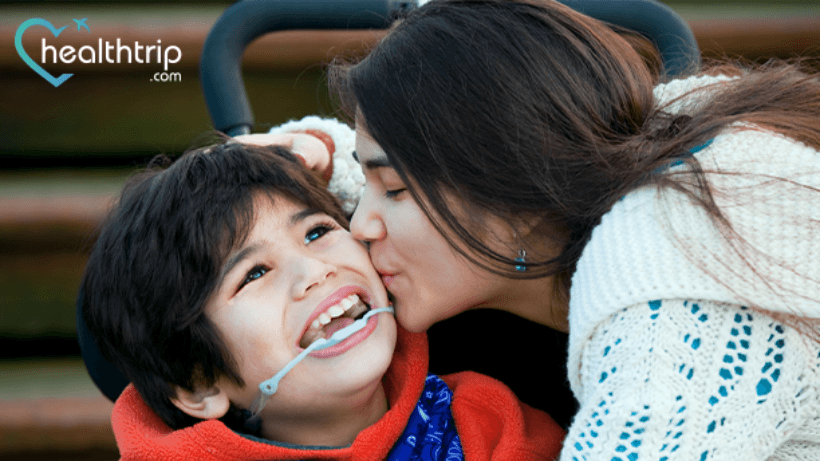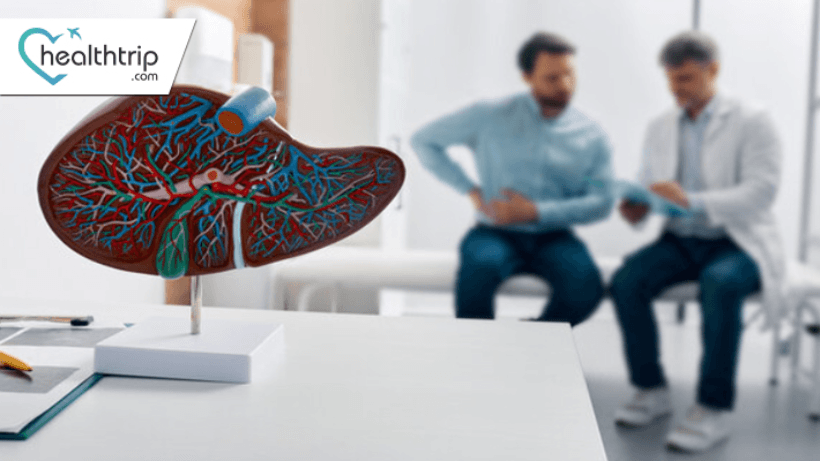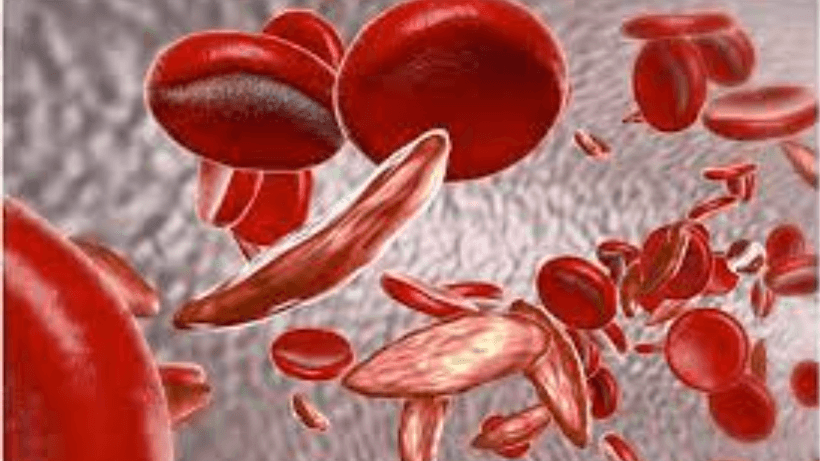
Medical Experts Talking about the Symptoms of Cerebral Palsy
11 Jul, 2022
 Healthtrip Team
Healthtrip TeamOverview
Cerebral palsy is one of the most common physical disabilities caused by brain injury during pregnancy or shortly after birth. This affects movement, coordination, muscular tone and control, reflexes, posture, and balance. As per WHO estimation, nearly 15-20% of the total physically handicapped population suffers from cerebral palsy. Some symptoms may indicate that a child has cerebral palsy. Not all signals are present at birth, and others may become more visible as the babies grow older. Here we’ve discussed various cerebral palsy symptoms in brief.
Most of the signs and symptoms develop during childhood or preschool. As suggested by our expert neurologists, the following are the symptoms that you can consider to understand whether your child is suffering from such a condition or not.
Most popular procedures in India
In babies:
- Low muscle tone (when picked up, the newborn feels 'floppy')
- Incapable of supporting its head while lying on its stomach or in a supported sitting position
- Muscle spasms or stiffness
- Muscle control, reflexes, and posture are all lacking.
- Developmental delay (can't sit up or roll over independently for 6 months)
- Feeding or swallowing problems
- Preference for using only one side of their body
In Toddlers:
Although the brains of toddlers and children with cerebral palsy remain damaged, the damage does not worsen as they grow.
- Depending on the severity of their cerebral palsy, toddlers and children may face physical development challenges such as:
-If your child is not walking at the age of 12-18 months,
Wellness Treatments
Give yourself the time to relax
Lowest Prices Guaranteed!

Lowest Prices Guaranteed!
-24 months of not speaking simple sentences
-If your child does not meet these milestones or exhibits some of the symptoms of cerebral palsy, you should consult with your early childhood nurse, general practitioner, or pediatrician.
What are the other problems associated with cerebral palsy?
Brain damage can be related to various neurological issues, such as:
- Seizures (epilepsy)
- Hearing impairment
- Vision issues and odd eye movements
- Touch or pain sensations that are abnormal
- Constipation and urine incontinence
- Behavioral issues or mental health conditions
If not treated aggressively, muscular shortening and rigidity can worsen.
Also, Read - 20 Things You Can Expect After Brain Surgery
When should you seek medical help?
It's critical to get your child diagnosed with mobility problems or developmental delays as soon as possible. If you are concerned about the episodes of loss of awareness or strange bodily movements or muscle tone, decreased coordination, swallowing difficulties, eye muscle imbalance, or other developmental abnormalities of your baby, consult your doctor immediately.
Also, Read - 10 Best Brain Tumor Surgery Hospitals in India
What are the risk factors for developing cerebral palsy?
The following are the certain factors that can increase the risk of cerebral palsy in your baby. These includes:
- Preterm delivery
- Birth weight underweight
- Poor physical health of a baby at delivery
- Breech delivery, i.e., the baby's buttocks or feet emerge first
- Rh incompatibility (when the pregnant parent's blood Rh type is incompatible with the blood Rh type of their baby.
- Having twins or triplets)
- Exposure of pregnant women to harmful chemicals, such as illegal drugs or medications that can harm the fetus.
Also, Read - Craniotomy Surgery Procedure, Recovery Time
How do you prevent cerebral palsy from happening?
The majority of cerebral palsy cases cannot be prevented, but risks can be reduced. If you're pregnant or planning to get pregnant, you can take the following precautions to stay healthy and avoid pregnancy complications:
- Check your vaccination status: Getting immunized against diseases like rubella, especially before becoming pregnant, may help prevent an infection that could cause fetal brain damage.
- Look after yourself: The healthier you are before getting pregnant, the less likely you are to have an infection that causes cerebral palsy.
- Seek out early and ongoing prenatal care: Regular doctor appointments during your pregnancy are an excellent approach to decreasing health risks to both you and your unborn child.
Seeing your doctor regularly can help prevent early birth, low birth weight, and other complications.
How can we help with the treatment?
If you are in search of cerebral palsy treatment for your child in India, we will serve as your guide throughout your medical treatment and will be physically present with you even before it begins. The following will be provided to you:
- Opinions of expert physicians and surgeons
- Transparent communication
- Coordinated care
- Prior appointment with specialists
- Assistance with hospital formalities
- 24*7 availability
- Arrangements for travel
- Assistance for accommodation and healthy recovery
- Assistance in emergencies
Our team is dedicated to offering the highest quality medical tour and comprehensive care to our patients. At Healthtrip, we have a team of highly qualified and devoted health professionals that will be by your side from the beginning of your journey.
Related Blogs

Understanding Liver Cancer Stages in India
Liver cancer is a significant health concern in India, and

Empower Yourself: Proactive Steps for Preventing Prostate Problems
Prostate health is a crucial aspect of overall well-being for

UAE's Prostate Cancer Risk Factors: A Comprehensive Analysis
IntroductionProstate cancer is a significant health concern worldwide, including in

Hormonal Changes and Mouth Cancer in UAE Women
IntroductionMouth cancer, also known as oral cancer, is a serious

Sickle Cell Anemia: Causes, Symptoms, and Treatment
Sickle Cell Anemia is a hereditary blood disorder characterized by

Adrenal Cancer: Types, Symptoms, and Diagnosis
Adrenal cancer is a rare and serious medical condition characterized










